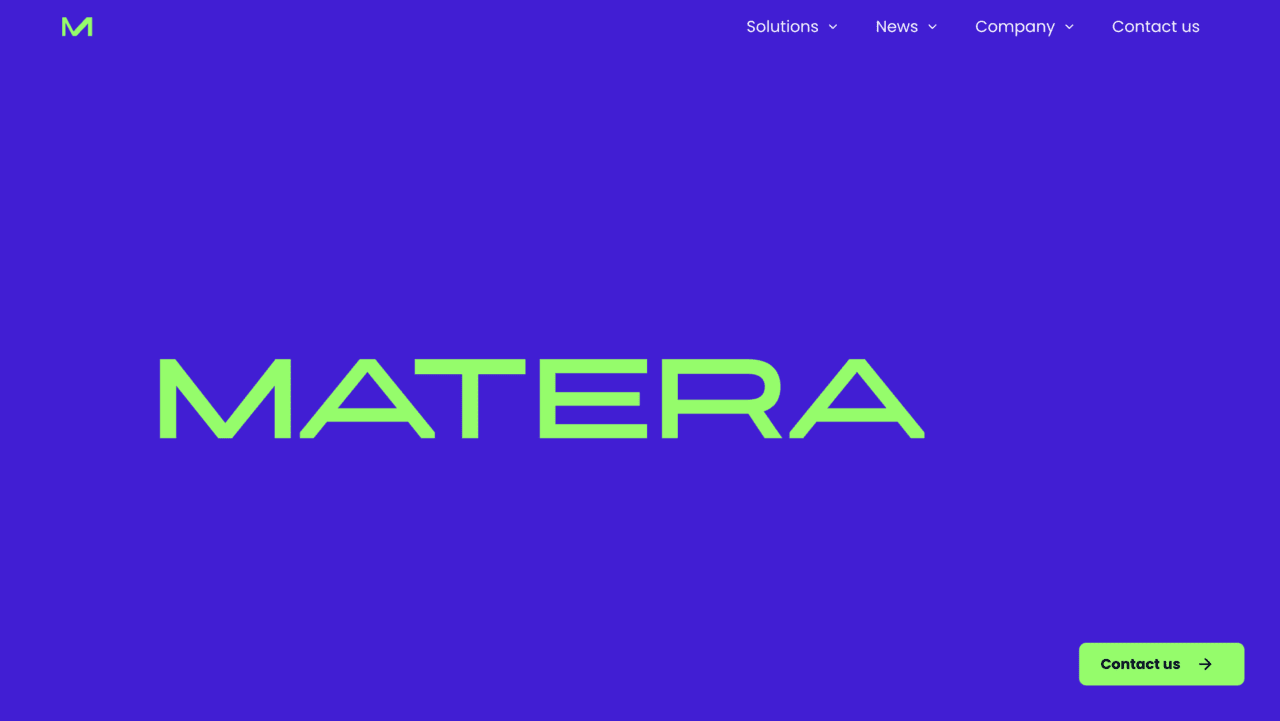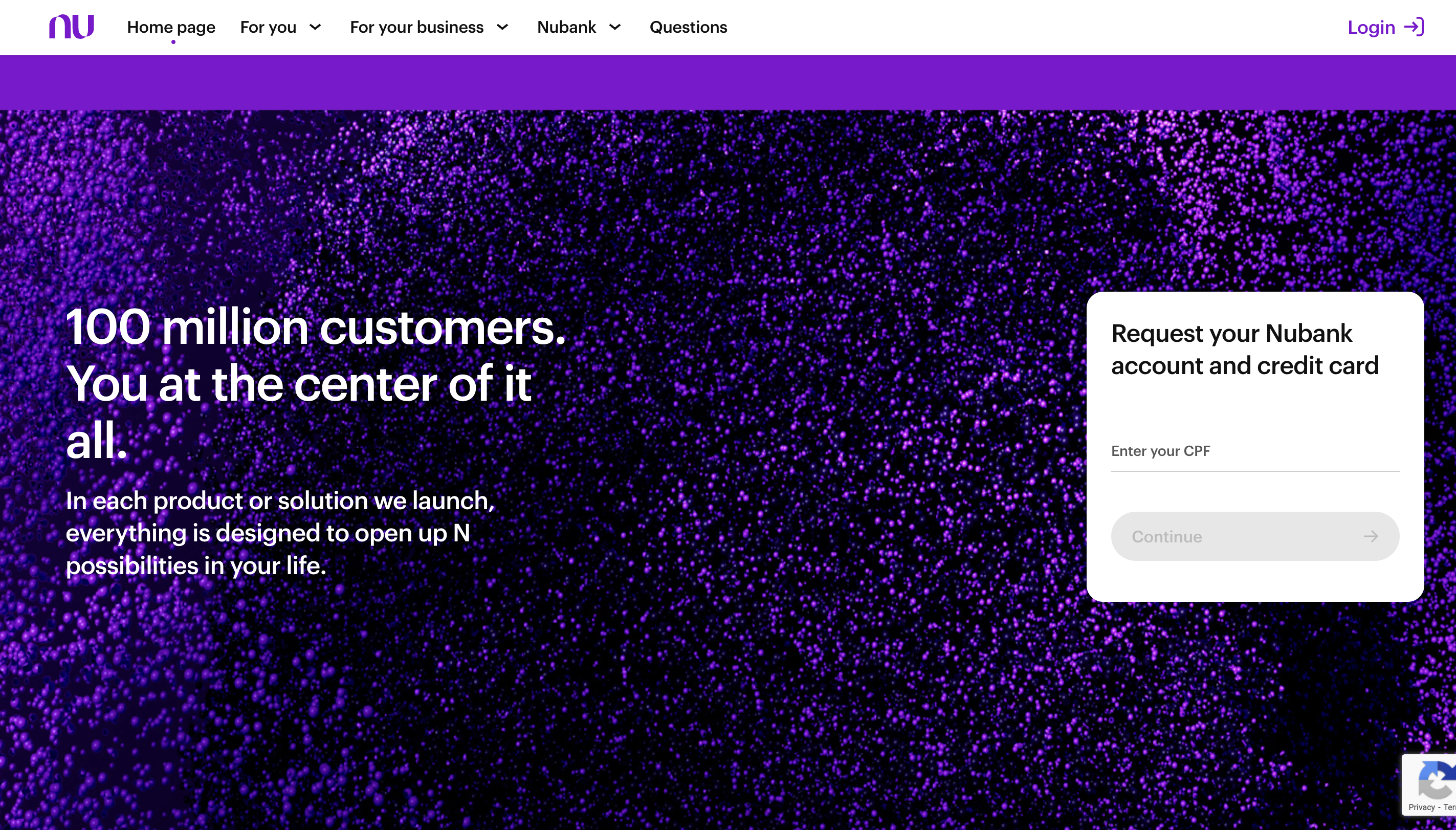
This week’s edition of Finovate Global highlights recent fintech news from Singapore.
Monetary Authority of Singapore announced plans to invest $74.36 million (100 million Singaporean dollars) to fund quantum computing and AI projects. The funding is part of the Financial Sector Technology and Innovation Grant Scheme (FSTI 3.0) designed to support banks and other financial institutions as they innovate and develop capabilities in both quantum computing and artificial intelligence (AI) technologies.
This month’s investment comes in the wake of a $110 million infusion into FSTI back in August 2023. The FSTI 3.0 was launched in 2022 as part of an effort to fortify and future-proof Singapore’s position as a major international fintech hub. MAS originally pledged 150 million Singaporean dollars to the scheme over a three-year period, and this month’s investment is an addition to that amount. The scheme is live until March 2026, but could be extended.
Given the emphasis on AI in financial services of late, MAS’s interest in quantum computing and its applications for banks and financial services companies is especially noteworthy. MAS will support eligible financial institutions with up to 50% funding for the construction of quantum computing technology centers. Companies that develop quantum computing-based cybersecurity solutions can receive up to 30% in co-funding.
With regard to AI, MAS is also supporting the development of AI innovation centers. Again, one of the main areas of emphasis is cybersecurity, which MAS identified as a use case for the first pilot project. Noting that AI tools have become “more widely accessible” and that “financial institutions have been progressively adopting AI,” MAS also observed that the degree of “AI-readiness and adoption” across financial institutions in Singapore is uneven. The AI component of FSTI 3.0 is designed in large part to remedy this.
Blockchain-based financial infrastructure company Partior has raised more than $60 million in Series B funding. The round was led by Peak XV Partners (previously known as Sequoia Capital India & SEA). Valor Capital Group and Jump Trading Group also participated as new investors along with existing shareholders J.P. Morgan, Standard Chartered, and Temasek.
Founded in 2021, the Singapore-based company offers banks unified, ledger-based interbank rails for real-time clearing and settlement. Partior’s 24/7 blockchain network works with real-time local currency payment and RTGS systems globally and facilitates direct and indirect settlement flows with market participants. The shared ledger further supports transfers with real-time settlement finality, providing instant liquidity and transparency compared to the sequential processing typical of legacy payment systems.

“Partior is breaking down silos and rewriting the rules for cross-border clearing and settlement,” Partior Chief Executive Officer Humphrey Valenbreder said. “We see a very bright future for blockchain-based frictionless, cross-border transactions. Having some of the world’s best banks and investors back our vision validates this even further.”
The fresh capital will fuel new capabilities including intraday FX swaps, cross-currency repos, Programmable Enterprise Liquidity Management, and Just-in-Time multi-bank payments. The funding will also enable Partior to integrate a range of new currencies beyond currently supported USD, EUR, and SGD.
“As one of the founding shareholders of Partior, we’ve always believed in the transformative potential of its technology to shape global financial market infrastructure. This latest round of investment is a testament to the incredible progress Partior has made toward this endeavor,” Temasek Managing Director for Investment (Blockchain) Pradyumma Agrawal said.
DBS and Deloitte have teamed up to launch the Sustainability Accelerator Tool. The new offering will help SMEs in Singapore accurately assess their sustainability maturity levels and identify and address gaps in their efforts.
The two firms hope to empower 1,000 SMEs in Singapore over the next 12 months with the new solution, and plan to introduce the tool to other markets from the next year forward.
“The Sustainability Accelerator Tool is unique in its ability to provide SMEs with meaningful and practical guidance,” Deloitte Southeast Asia Sustainability & Climate Leader Brian Ho said. “Leveraging Deloitte’s expertise in sustainability transformation, it not only identifies strengths and gaps, but also provides actionable recommendations to enhance sustainability performance.”
Three key benefits of the new offering are industry-specific analysis, which provides insights into unique sustainability challenges; customized strategic recommendations based on the degree of progress (“emerging,” “maturing,” or “leading”) the business has achieved in its path toward greater sustainability; and regional adaptability to ensure that the solution can be used by SMEs across Asia.
SMEs using the tool also get a customized Sustainability Readiness Report which gives them an analysis of the company’s sustainability maturity, as well as provides insights on how to address any specific sustainability challenges they may have.
“The Sustainability Accelerator Tool is the latest in our ongoing efforts, where we strive to futureproof SMEs through practical and holistic solutions,” DBS Group Head of Corporate and SME Banking Koh Kar Siong said.
The introduction of the Sustainability Accelerator Tool follows the spring launch of DBS’s ESG Ready Programme to help SMEs efficiently transition to lower carbon business models. Headquartered in Singapore, and boasting a presence in 19 markets, DBS provides a full range of consumer, SME, and corporate banking services. The firm has been named “Safest Bank in Asia” by Global Finance for 15 consecutive years from 2009 to 2023.
Here is our look at fintech innovation around the world.
Central and Eastern Europe
- International embedded finance platform Liberis announced its entry into the German market in partnership with Nexi.
- Lithuanian identity verification company iDenfy unveiled its automated utility bill verification tool.
- Germany-based private markets platform bunch secured $15.5 million in Series A funding.
Middle East and Northern Africa
- Visa announced a significant partnership with First Abu Dhabi Bank (FAB) to grow the Visa B2B Connect network regionally.
- UAE-based fintech startup, Mamo, completed a $3.4 million funding round to fuel expansion of the company’s product line for SMEs.
- Bank of Israel has chosen 14 teams of private and public sector professionals to investigate use cases for a digital shekel.
Central and Southern Asia
- HSBC India teamed up with Open Financial Technologies to streamline payment operations for Indian business customers.
- Indian digital payments company Paytm agreed to a collaboration with Axis Bank.
- India-based payments and API banking company Cashfree Payments secured a payment aggregator-cross border license from the RBI.
Latin America and the Caribbean
- The Brazilian central bank announced a pause in their plan to add recurring payments to its Pix platform.
- Argentine fintech Tapi secured $22 million ahead of its expansion into Mexico.
- BBVA opened an international cybersecurity center in Mexico.
Asia-Pacific
- Melbourne, Australia-based Airwallex secured an Australian Financial Services License (AFSL) from the Australian Securities and Investment Commission (ASIC) the first major payments company to do so.
- Bank Indonesia and Bank of Korea inked a MoU to encourage cross-border payments between the two countries.
- In a bid to become a “global fintech hub,” the Monetary Authority of Singapore (MAS) has invested $74.36 million (100 million Singaporean dollars) into quantum computing and AI projects.
Sub-Saharan Africa
- South African fintech Peach Payments acquired custom software development firm Operativa.
- Kenya’s Diamond Trust Bank forged a partnership with Network International.
- Nigerian wealth management platform Risevest announced plans to acquire Kenyan fintech Hisa.













